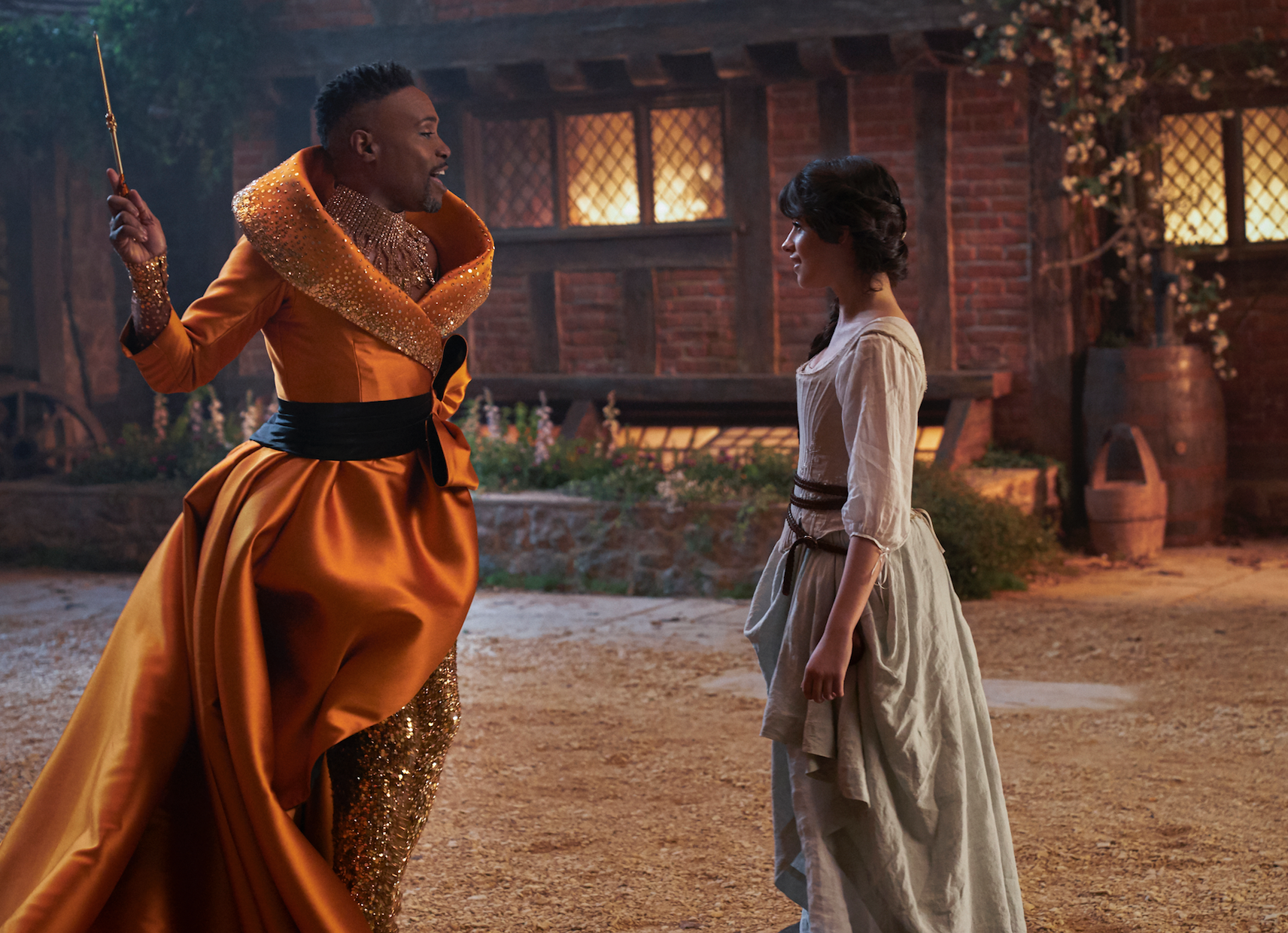The Shoe Fit (Or “Why I Liked the New Cinderella Actually”)
When I heard that there would be a new Cinderella film, I groaned. When I heard this this new Cinderella film featured a celebrity lead, I groaned even louder. And when I saw the trailer, and I realized that Cinderella had once again been forced into a “boss babe” stereotype, I lost all hope.
But this film surprised me.
Yes, there were silly moments. I’m always skeptical of “Cinderella is independent actually!!!” spins – frankly because, I love the traditional Cinderella and feel that she’s inherently independent, but I digress – and I did cringe during the “Yass future queen, yass” scene. But I have to admit, there was a lot more tenderness, depth, and sincerity here than I’d initially anticipated.
I especially appreciated the development of the Stepmother. While I wish the writers had allowed her to speak with less self-awareness (the piano speech could have had some line cuts to create more subtlety), I found her character arc to be compelling. Idina Menzel really committed to this role. She did not treat it as a throwaway Amazon Prime film, and her performance was much more sophisticated than I was expecting.
I was also pleasantly surprised by Cabello’s performance. While she wasn’t always convincing (her “this is gorgeous!” at the sight of her gown was certainly overzealous), her stunted moments seemed like more of a problem with the writing than a problem with her performance. When she turned, tears in her eyes at the Prince’s “Perfect” reprise, I stopped in my tracks. And her scenes with Menzel felt authentic and thought-provoking.
It would have been easy for the final scene to become hokey and ingenuine. It was scored with a wonderful but pretty unrelated pop song, “Let’s Get Loud,” and using it to tell the story of Ella’s relationship with her Stepmother was a strange choice. But Cabello handled it and worked off of Menzel beautifully. Her acting instincts are certainly there, even if they are sometimes misguided or underdeveloped.
I was also wrong about the music. I initially really doubted the musical choices for the film, as inserting random pop songs into the story seemed lazy and trivial. Some of them clearly didn’t work. “Am I Wrong,” for example, was a bit painful to get through. But others did hit the mark for me. “Somebody to Love” worked well as a splashy musical theatre number, and “Perfect” did bring a little tear to my eye. In fact, I actually enjoyed these numbers a lot more than the original music written for the film, though I’ll admit I’ve been singing “A Million to One” on repeat for the past few weeks.
I should have been more forgiving in my assumption that the pop songs wouldn’t work. After all, it is not a new tradition to put random songs into existing musicals. In fact, the beloved 1997 Cinderella film also employed this method – and in a very similar way. Here, the evil Stepmother sings “Falling in Love with Love,” borrowed from the musical The Boys from Syracuse. Like “Material Girl,” the number offers the Stepmother an opportunity to coach her daughters on which potential suitors are really worth it – namely, the ones with money. I loved how Menzel’s Madonna cover paid homage to the work of Bernadette Peters, relaying the same message with a more modern flair.
Further, some of the modernized, “girl-bossy” moments were a bit softer than I’d assumed. For example, it was clever to have Cinderella throw her shoe, rather than lose it. And when the Prince gave Ella’s dress to his sister to display at the ball, I was touched by the gesture. I do feel that some of the writing choices in this department were shaky. For example, it was not convincing that Cinderella couldn’t marry the Prince at the risk of losing her dress business – in fact, I had assumed she’d jump at the chance of social mobility so that her work would be better recognized, especially since her dress was just worn by the princess and she was asked by a queen to design work. But overall, it didn’t go too far in pushing the “perfect feminist” narrative. Cinderella is strong, but she is also able to grapple with her sadness from a place of authenticity.
I was shocked by how much I liked this film. It’s certainly no 1997 version, which really was the best of the best. But it exceeded my expectations – and it certainly made me believe a little more in magic.
